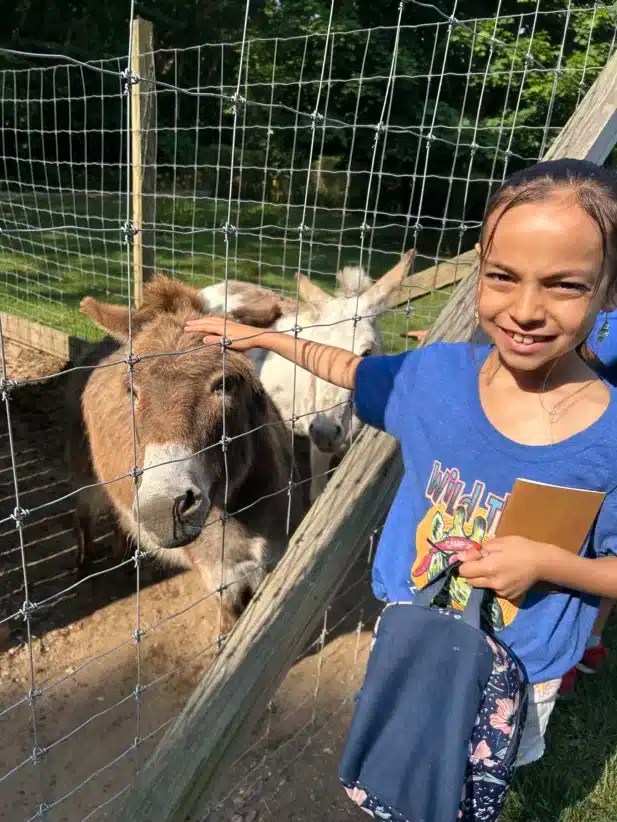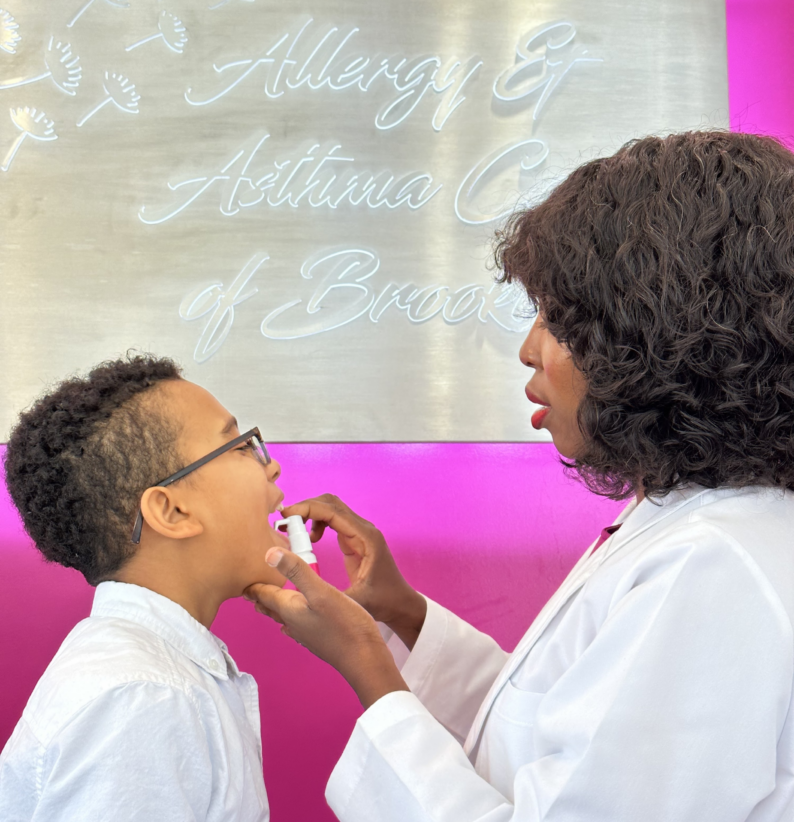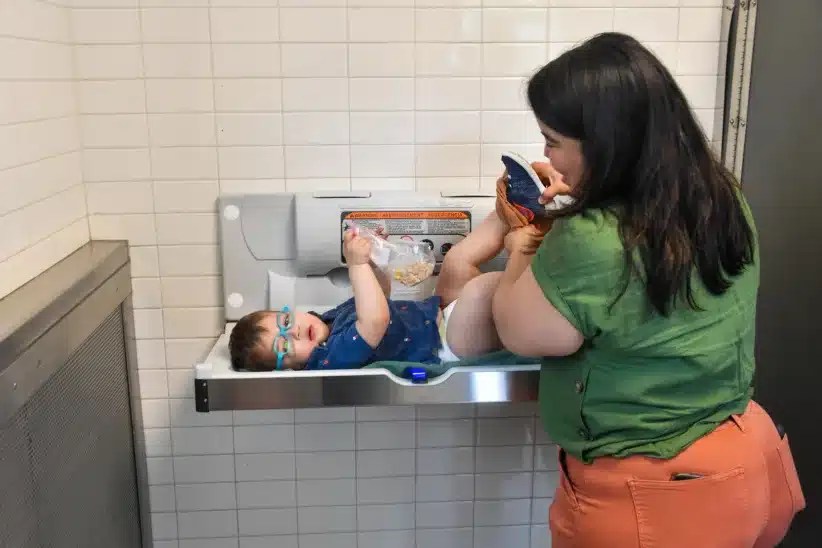
Back to School: Expert Tips on Keeping Kids Healthy this School Year
Kids are back at school, and while we always worry about them picking up a cold or getting the flu, there are currently a few viruses to contend with. What sort of tips and good hygiene habits can we have kids implement to keep these viruses at bay? We chatted with Dr. Sandra Bonat, Pediatric Physician Advisor at VIP StarNetwork, who shared her expert tips and shared why it’s essential parents should encourage their children to practice good health habits now that we are Back to School.
Psst...check out How to Make School Mornings Easy: Parents Share Time-SavingTips
First, is this normal to have this many viruses circulating in the world? It feels like we are going backward health-wise versus forward.
Currently, we have a number of respiratory viruses circulating, including influenza and RSV, that we do not normally see a lot of activity from at this time of year. At the beginning of the Covid-19 pandemic, because of changes in people’s behaviors, including social distancing, mask-wearing, frequent hand washing and isolation, influenza, RSV, and many of the other respiratory viruses virtually disappeared. The steps we took to limit our exposure to Covid-19 also limited our exposure to other viruses. Our immune systems need exposure to pathogens to keep up our memory response, and this did not occur during the first year of the pandemic. When we started taking off our masks and discontinued social distancing, viruses began circulating again, even though it was out of season, because the overall population immunity was low. In addition, some of the changes in seasonality of respiratory viruses may also be due to the presence of the Covid-19 virus and how it interacts and possibly interferes with the replication of other respiratory viruses, causing a change in the seasonal transmission patterns of other viruses.
For the most part, many kids are vaccinated; how can parents be proactive in keeping their kids safe?
The best way to reduce the risk of both Covid-19 and Influenza is to get vaccinated. Both parents and children should complete their Covid-19 vaccination primary series and get their booster dose/s if eligible. In addition, parents and children should get the seasonal influenza vaccine. Good hand hygiene is essential to reducing the spread of infections. Masks can also be worn for protection, especially during times of high community activity of Covid 19 and other respiratory viruses. In addition, if your child is sick, it is important to keep them home while they are ill, and parents should stay home from work when they are ill. Cleaning and disinfecting frequently touched surfaces at home, especially when someone in the house is ill, is also an effective way to reduce the risk of getting sick. Parents should encourage their children to practice good health habits such as eating a healthy diet, getting a good amount of sleep, and being physically active.
When the kids are in school, what should they do? (for example: wipe off their books? Still, use hand sanitizer?
Hand sanitizer use and/or frequent hand washing are both excellent ways to prevent infection. Sanitizing frequently used surfaces is helpful in reducing infection transmission but can be more difficult in the school setting. Parents should also encourage kids to try and avoid touching their eyes, nose, and mouth. Children should not share food or drinks at school. Parents can teach children to cover their mouth and nose with their elbows or a tissue when they sneeze. Masks can be used during periods of increased Covid-19 activity at the school and in the community. Parents should keep their children at home when they are sick and get them tested for COVID-19 if they have symptoms or have been exposed to someone with Covid-19.
Monkey Pox looks and sounds pretty scary. Are kids able to get vaccinated for Monkey Pox yet? Like the Covid vaccine, will kids be able to access being vaccinated for Monkey Pox quickly? Is it necessary?
Children have been mostly spared from the current outbreak of Monkeypox. To date, there have been only two children in New York that have contracted Monkeypox. Currently, there is a limited supply of Monkeypox vaccine, and it is only being offered to people that have had close contact with a person with a confirmed case of monkeypox and also to people from higher risk categories, including men who have sex with men and those who have multiple unknown sexual partners. If a child has a family member or close contact who has Monkeypox then it would be recommended for that child to be vaccinated. Otherwise, currently, the Monkeypox vaccine is not necessary for most children. The Federal Government and the state of New York are working to increase supply and improve access to the vaccine to ensure availability to anyone that may need it.
Dr. Sandra Bonat is a Pediatric Physician Advisor at VIP StarNetwork, a leading provider of mobile and onsite health services, including COVID testing and vaccinations. Dr. Bonat has almost 30 years of experience in the medical field and is leading her company’s efforts to safely vaccinate young children.















